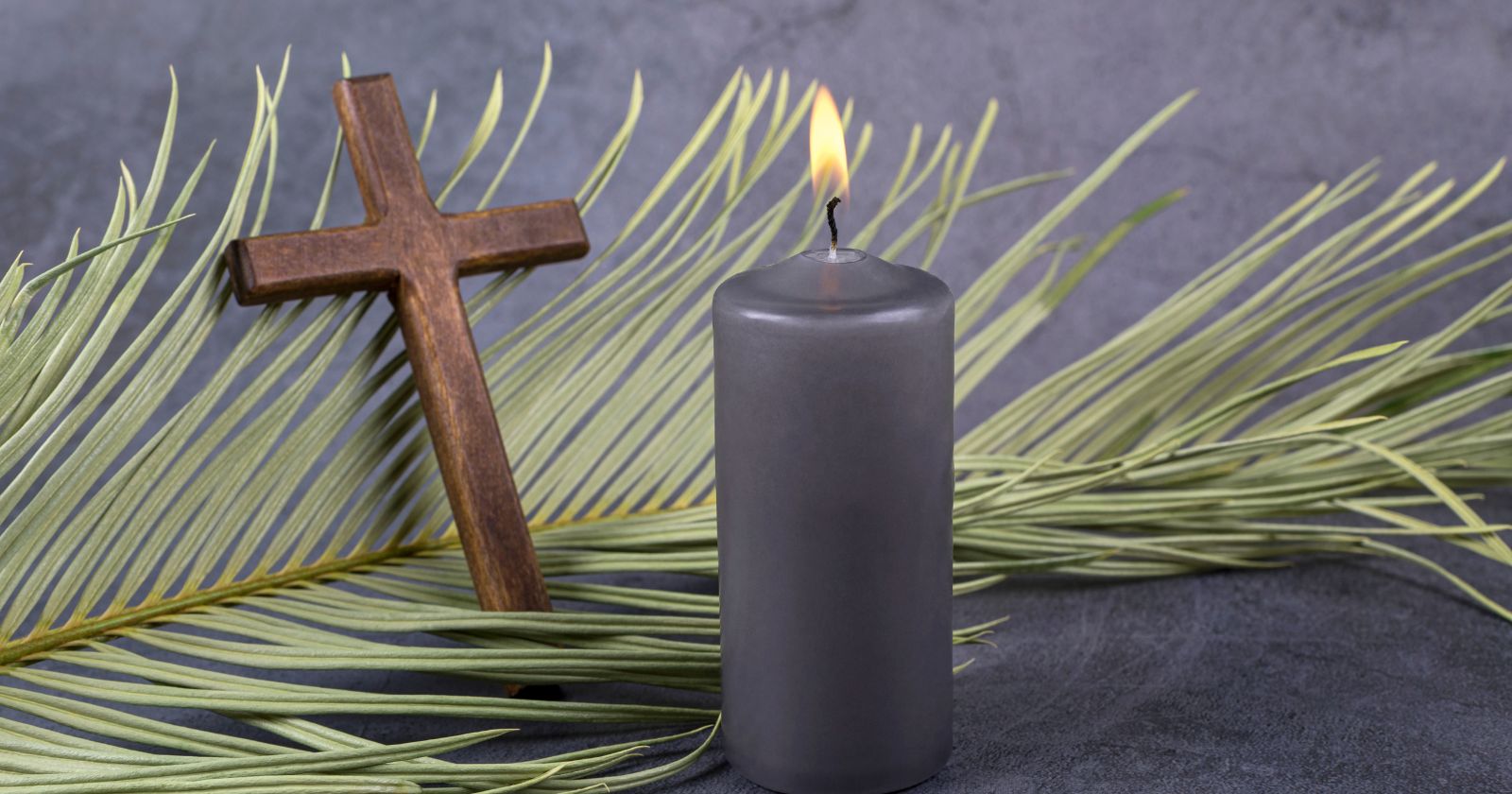Imagine standing at a crossroads in a dense, foggy forest, where each path ahead promises its own set of mysteries and outcomes. Your decision at this junction could lead you to safety and clarity or deeper into the unknown. This vivid picture mirrors the essence of Palm Sunday, a pivotal moment in Christian faith and human history that forces us to confront our deepest beliefs and choices about Jesus Christ.
Palm Sunday is a day of profound paradoxes. On this day, we commemorate Jesus’s triumphant entry into Jerusalem, an event teeming with symbols and signals that confound and challenge. Throughout His ministry, Jesus consistently downplayed His messianic identity. He healed the sick, raised the dead, and yet often urged those He helped to keep His identity a secret. This practice, known as the Messianic Secret, has puzzled scholars and believers alike. It was as if Jesus was carefully managing the revelation of His true identity, steering clear of worldly expectations of a Messiah.
However, the events leading up to Palm Sunday marked a dramatic shift. The raising of Lazarus from the dead and the healing of the blind man, where Jesus was openly acknowledged as the Son of David and did not deter these confessions, signaled a change. To His disciples and followers, it seemed as though Jesus was finally ready to claim His rightful place as the Messiah. The anticipation was electric. Was He now going to embrace His destiny as Israel’s long-awaited savior?
And then comes Palm Sunday, brimming with mixed messages that confound and compel. Jesus orchestrates His entry into Jerusalem with precise detail, yet chooses a donkey as His steed. In the ancient world, a donkey was a symbol of peace and servitude, not the majestic horse of a conquering hero. Here, Jesus presents Himself as a servant king, subverting expectations once again. His actions in the temple further blur the lines between divinity and humility. He cleanses the temple, asserting His authority over this sacred space, yet does so as one who serves God’s true purpose, not as one who seeks to overthrow Roman rule with force.
The crowd’s reaction to Jesus on Palm Sunday is a testament to the human yearning for salvation and deliverance. They recognized Him as their Messiah, laying down palm branches and cloaks in His path, symbols of royalty and victory. Yet, the nature of the victory they sought was not the victory Jesus came to achieve. They envisioned a worldly king, but He came to establish a kingdom not of this world.
This brings us to the crux of Palm Sunday and indeed, the Christian faith. Jesus enters Jerusalem—and our hearts—not by concealing His identity but by revealing the true nature of His kingship. It’s not a reign of power and domination, but of sacrifice and service. He presents us with a choice: to crown Him as Lord of our lives or to turn away and reject His offer of salvation.
This choice, stark and uncompromising, mirrors the crossroads we all face in our journey of faith. Jesus asks us to embrace Him not just as a historical figure or a moral teacher, but as our Savior and King. This choice is not a passive acceptance but an active, daily commitment to live in His service and under His reign.
As we reflect on Palm Sunday, let us ponder the path we choose at this crossroads. Jesus, the servant king, offers us a kingdom built on love, sacrifice, and eternal truth. To accept Him is to embark on a journey of transformation, where we too are called to serve and love in His name. The question remains: Will we crown Him or crucify Him? Our answer defines not just our faith, but our very lives.


